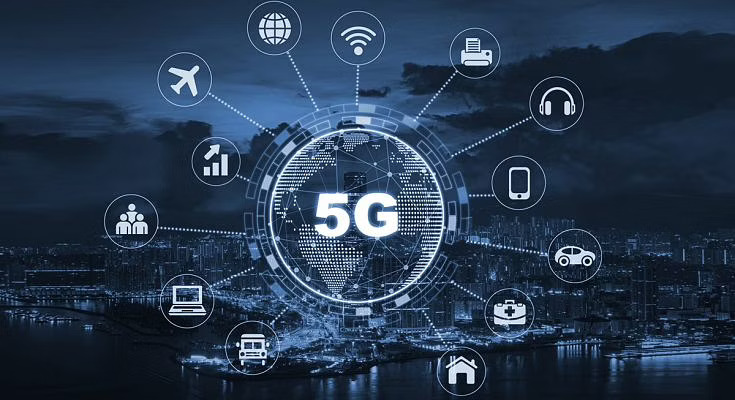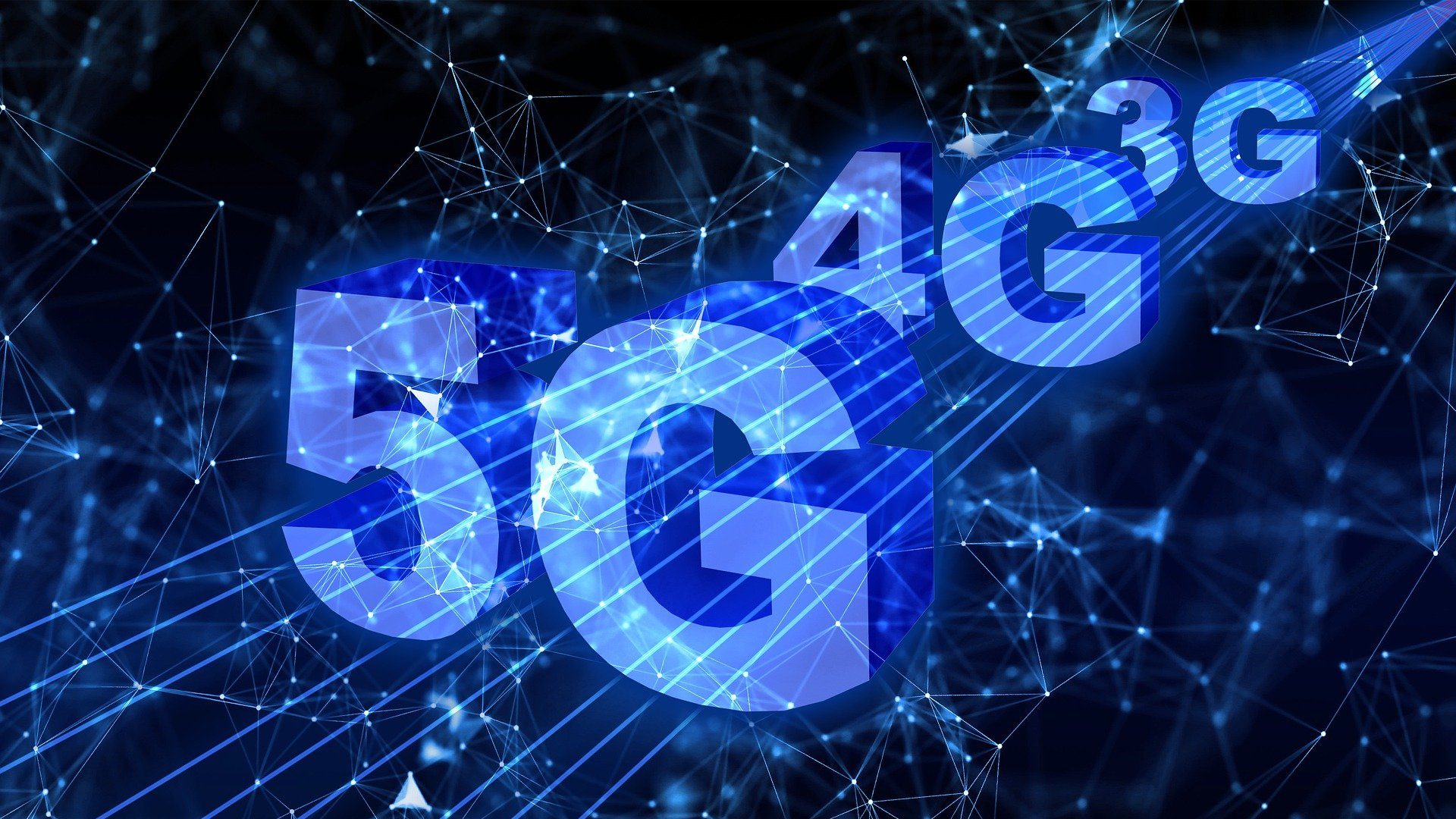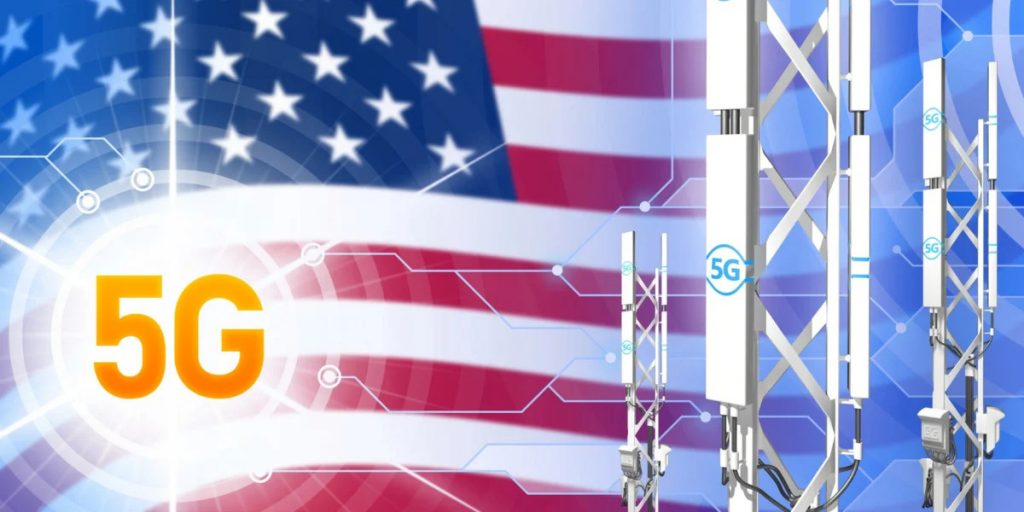
5G technology is coming, and with it comes the promise of new opportunities for businesses and consumers alike. But which country will be the first to adopt 5G? In this article, we take a look at the countries that are most likely to be early adopters of 5G technology, and what benefits they stand to gain from adopting it first.
What is 5G Technology?
5G technology is a new wireless technology that is currently in development. It is expected to become a major player in the telecommunications industry, and it could have a significant impact on many aspects of our lives.
5G technology is based on the latest wireless standards, and it offers much faster speeds than current technologies. It could be used to connect devices in remote areas, and it could also be used to improve internet speeds and performance.
5G technology is still in its early stages of development, but it is expected to become a major player in the telecommunications industry. It has the potential to revolutionize many aspects of our lives, and it will likely be adopted first by countries that are ahead of the curve.
Are We Ready for 5G?
5G is a brand new cellular technology that will bring faster internet speeds and more advanced features to mobile devices. Countries around the world are currently working on developing 5G networks, and it is unclear which country will be the first to adopt 5G.
There are many reasons why countries might be slower to adopt 5G than others. Some countries may not have the resources or infrastructure needed to develop and deploy 5G networks. Other countries may worry about the security implications of 5G networks.
5G is still in its early stages, and there are many unanswered questions about its long-term impact. We don’t know what benefits 5G will provide, or how it will change our lives. It is important that we continue to explore the possibilities and risks associated with 5G, so we can make informed decisions about its future.
How is 5G Different from 4G and 3G?

5G is a new type of wireless technology that is different from 4G and 3G. 5G is also called the fifth generation of mobile internet. 5G technology has many potential benefits, including faster speeds, greater reliability, and reduced latency. 5G is currently being tested in several countries around the world, including the United States, China, Japan, and South Korea. 5G is expected to become available in commercial settings soon.
G technology has many potential benefits, including faster speeds, greater reliability, and reduced latency. To achieve these benefits, 5G technology requires a different type of wireless network infrastructure than 4G and 3G. This includes higher bandwidths and faster speeds. Additionally, 5G requires new devices and equipment that can support the new technology.
5G is a new type of mobile technology that will be much faster and more efficient than current mobile networks. 5G will allow for more powerful and responsive applications, including those that demand high-quality video and audio.
4G and 3G are the most common mobile technologies currently in use. 4G networks offer faster speeds than 3G, but they are not as efficient or reliable as 5G. 5G is expected to be more widespread than either 4G or 3G, so it is important that countries prepare for its arrival.
5G is still in development, so there is a lot we do not know about it. However, we can expect to see many countries begin to adapt to 5G soon.
What are the Benefits of 5G?
5G is a new type of cellular telecommunications technology that is expected to revolutionize the way we live and work. Here are some of the benefits of 5G:
1. Increased Speed and Capacity: 5G networks will have much greater speed and capacity than current cellular networks. This will allow for faster and more reliable internet connections, as well as more seamless video streaming.
2. Reduced Latency and Reduced Costs: 5G networks will be able to deliver content with minimal latency, which will reduce the time it takes for videos to load and for online games to start up. In addition, 5G networks will be much cheaper to deploy than traditional cellular networks.
3. Increased Privacy and Security: With 5G, users will be able to conduct transactions without having their personal data compromised. Additionally, 5G networks are designed to be more secure than current cellular networks, protecting user data from being stolen or hacked.
4. Improved Efficiency: 5G networks are expected to improve the efficiency of businesses by allowing them to deploy fewer employees in order to provide the same level of service. They will also allow companies to remote work from anywhere in the world without delay.
5. New Applications and Services: As 5G networks become more widespread, new applications and services that were not possible before will be available. This includes things like self-driving cars, immersive virtual reality experiences, and high-speed cloud computing.
Which Country Will Be the First to Adapt ?

5G is a new wireless technology that will be introduced in the near future. 5G will allow for faster and more efficient communication between devices.
5G is expected to be widespread by 2020, but which country will be the first to adapt it? There are many different countries that are currently working on developing 5G technology, so it is difficult to say which country will be the first to adopt it.
5G could have many benefits for businesses and consumers. It could improve internet speeds and enable more seamless communication between devices. It could also make it easier for people to get online and access their accounts.
5G is still in its early stages, so there is still room for improvement. However, it is likely that some countries will be the first to adapt 5G technology. We can only wait and see which country becomes the first!
Conclusion
5G technology is still in its early stages, but that doesn’t mean countries around the world aren’t starting to adopt it. Already, Japan and South Korea have started deploying the technology, and there are reports that China will be following suit soon. So which country will be the first to fully embrace 5G? That remains to be seen, but we can at least expect more countries to start taking this futuristic technology into account as time goes on.





